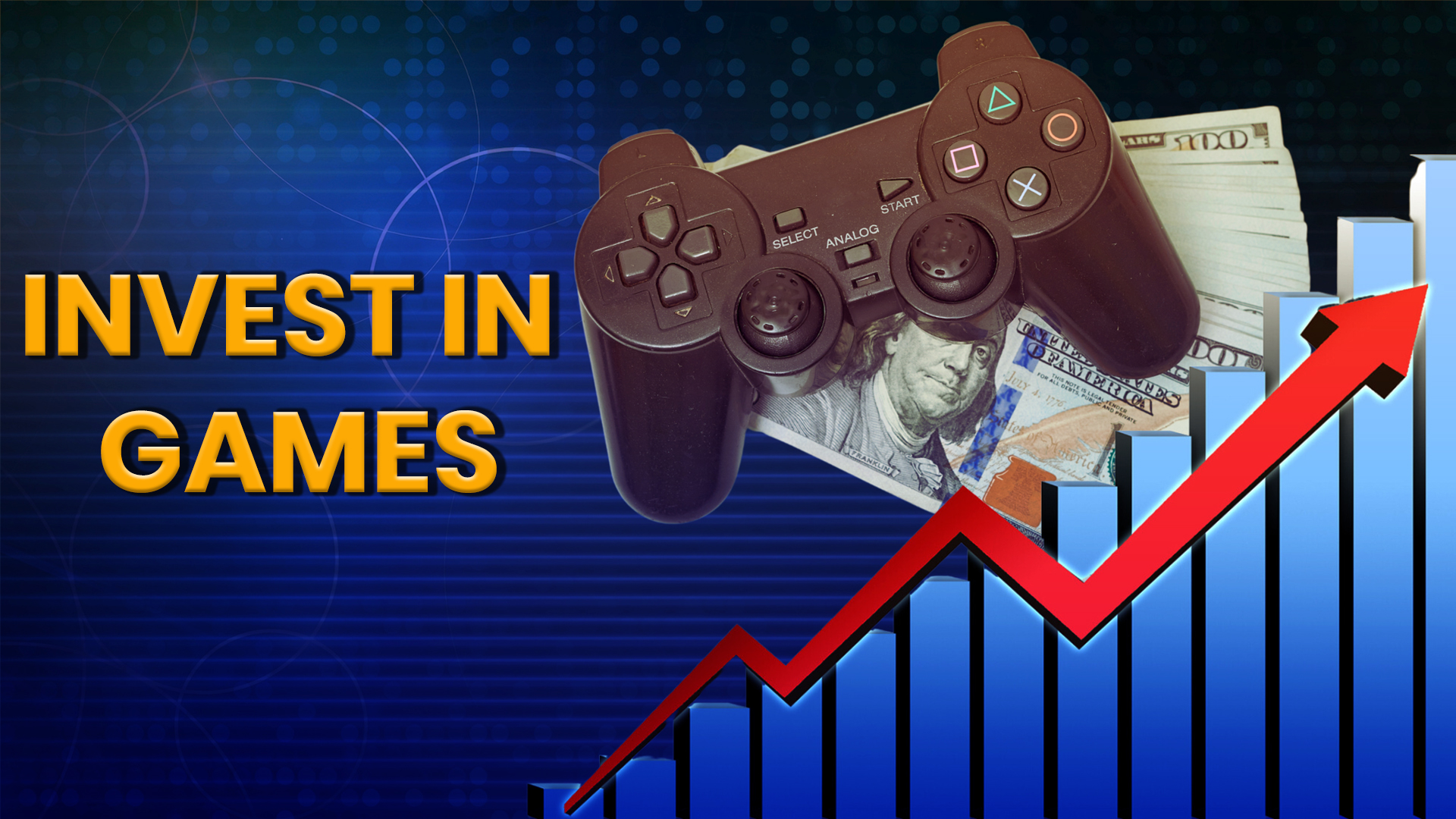- The gaming industry has shifted mainly because of blockchain technology.
- Games that employ the technology of blockchain have greater qualities of safeguards, dominance, and connectivity.
Gaming is not much of a barrier to the way blockchain technology has altered colorful procedures. Blockchain-based games continue to grow and become increasingly common, providing added advantages to both players and enterprises. This piece of writing will investigate the compelling proof in favor of making purchases of blockchain-powered games and the prospect of rewards for corporations.
The Effects Of Blockchain Upon Gaming
- Decentralized Power
Blockchain enables the true power of in-game means players have full control over their digital particulars, which are stored as non-fungible commemoratives( NFTs) on the blockchain. Players will have the possibility to make deals, sell, or utilize the assets they have across various titles and networks, cultivating the emergence of a prospering digital resource economy.
- Provenance And Failure
NFTs on the blockchain give transparency regarding the origin and failure of in-game means. Likewise, limited-edition skins or simulated properties deliver appreciation for memorable information and drive player involvement and consumption.
Enhanced Player Experience
- Security And Trust
Blockchain technology enhances the security and responsibility of in-game deals. Players no longer need to worry about fraudulent deals or the loss of digital means. The blockchain’s inflexible tally ensures the integrity of in-game item power and provenance.
- Interoperability And Cross-Platform Play
Blockchain facilitates interoperability, enabling players to use their means across multiple games and platforms. This cooperation drives cross-platform interaction and builds a sense of society, facilitating users to introduce their prized specifics across many game universes.
Monetization Openings
- NFT Deals
Businesses can induce profit by hosting NFT Deals within their blockchain-powered games. Players eager to acquire rare or coveted particulars are willing to spend on these digital means, creating an economic profit sluice.
- Virtual Real Estate
Blockchain-powered games frequently feature virtual real estate that players can buy and develop. Businesses can vend virtual land parcels, earning income from original deals and posterior deals as players produce and trade content on their parcels.
- In-Game Husbandry
The creation of in-game currency powered by blockchain allows for the introduction of native commemoratives or cryptocurrencies. These honors can then be used for satisfying in-game agreements, such as obtaining limitations, improving characters that are designed, or acquiring decorating items. Entrepreneurs might gain from token transactions, distributing freight and several other activities.
Exemplifications Of Blockchain-Powered Games
- Axie Infinity
Players in the blockchain-based videogame Axie Infinity collect, breed, and take part in disputes with non-real thugs designated as Axies. Each Axie is an NFT, and players can earn cryptocurrency by contending in battles and completing tasks. The playing-for-revenue company strategy of this video game earned significant player numbers and financial investments.
- Decentraland
It is a virtual world erected on the Ethereum blockchain where users buy, vend, and develop virtual real estate. Businesses can invest in Decentraland by copping land parcels, creating an environment, and monetizing their virtual parcels through colorful means.
Conclusion
Considering providers are driven to understand this construction trend of the application of blockchain technology in gaming, it proposes promising advantages. Games that employ this technology offer enhanced user interaction by ensuring accessibility, transparency, and reliable asset value. Furthermore, they contribute fresh revenue opportunities consisting of NFT agreements, virtual assets, and within-the-game management.
By drawing expenditures in blockchain-powered games, marketers may take profit from the constantly improving attraction to blockchain technology and, at the same time, the shifting location of the metaverse, a simulated setting where users socialize, build up, and spread goods that they sell.
